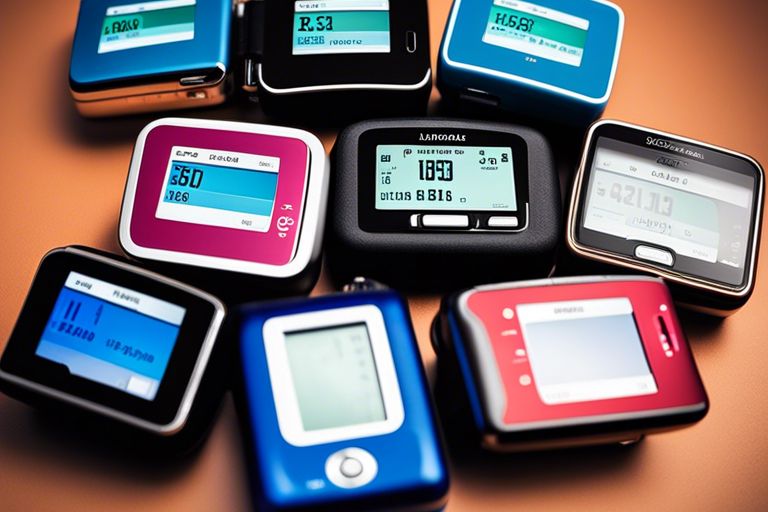Living with Type 1 Diabetes can present various physical and financial challenges. In the United Kingdom, individuals with Type 1 Diabetes may be eligible for disability benefits to help them manage their condition and maintain a good quality of life. This blog post will explore the different disability benefits available and the eligibility criteria for individuals with Type 1 Diabetes in the UK.
One of the leading disability benefits available to individuals with Type 1 Diabetes in the UK is Personal Independence Payment (PIP). PIP is a non-means-tested benefit that provides financial support to those who have a long-term health condition or disability that affects their ability to carry out daily living activities or mobility.
To be eligible for PIP, individuals with Type 1 Diabetes must demonstrate that their condition significantly impacts their ability to manage their daily activities or mobility. This can include difficulties with tasks such as preparing meals, managing medication, or carrying out personal care.
When applying for PIP, it is essential to provide thorough evidence of how Type 1 Diabetes affects your daily life. This can include medical records, letters from healthcare professionals, and personal statements describing your challenges. Including any supporting documentation, such as blood sugar level logs or records of hospital admissions, is also beneficial.
Another disability benefit individuals with Type 1 Diabetes may be eligible for is Employment and Support Allowance (ESA). ESA provides financial support to those unable to work due to a disability or health condition. Individuals need to undergo a Work Capability Assessment to determine their eligibility to qualify for ESA.
During the assessment, the impact of Type 1 Diabetes on an individual’s ability to work will be evaluated. This can include the need for regular breaks to manage blood sugar levels, the impact of hypoglycemia on concentration and cognitive function, and frequent medical appointments.
In addition to PIP and ESA, individuals with Type 1 Diabetes may be eligible for benefits such as Disability Living Allowance (DLA) for children, Universal Credit, or Housing Benefit. The eligibility criteria for these benefits may vary, and it is essential to consult with the relevant authorities or seek professional advice to determine eligibility.
It is worth noting that applying for disability benefits can sometimes be complex and time-consuming. It is advisable to seek guidance from organizations such as Diabetes UK or Citizens Advice Bureau, who can support and assist throughout the application process.
In conclusion, individuals with Type 1 Diabetes in the UK may be eligible for disability benefits such as Personal Independence Payment and Employment and Support Allowance. These benefits can provide essential financial support to help manage the challenges associated with the condition. Gathering thorough evidence and seeking guidance is essential to ensure a successful application. Remember, you are not alone; resources are available to help you navigate the process and access the support you need.




